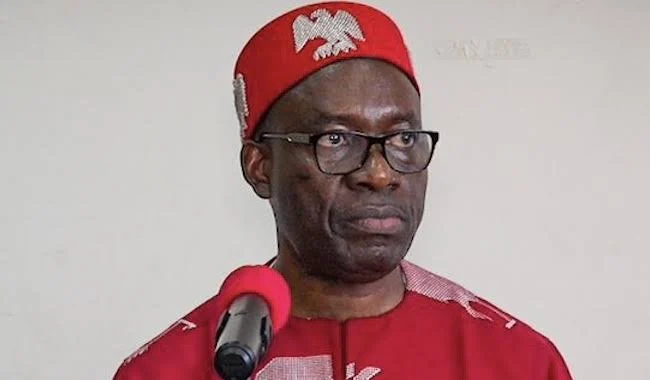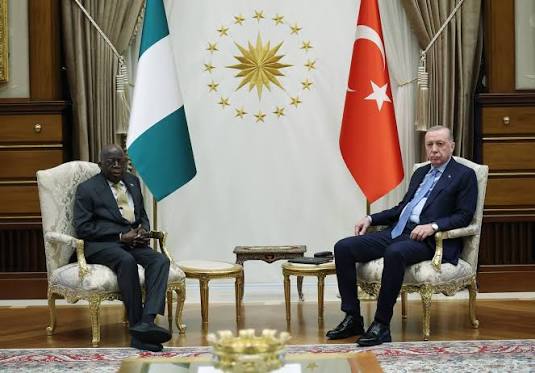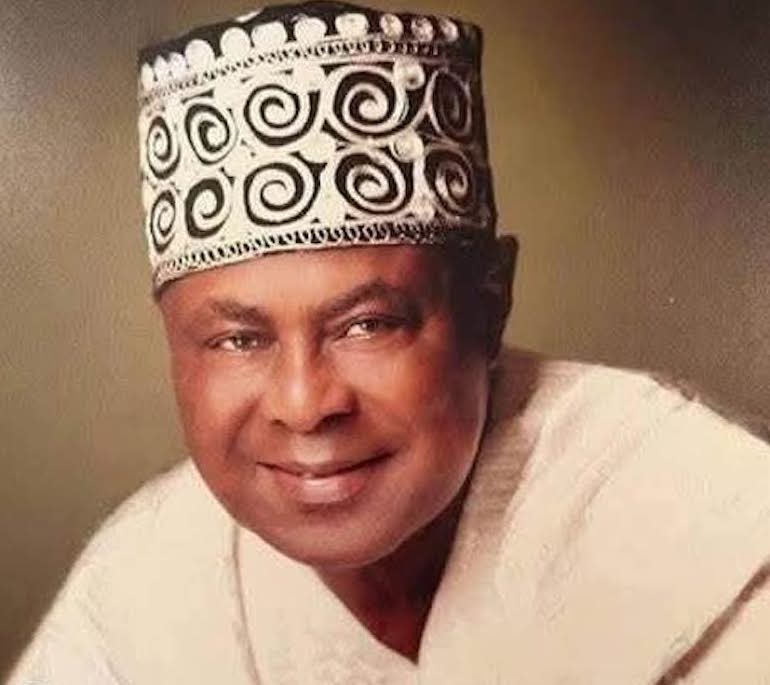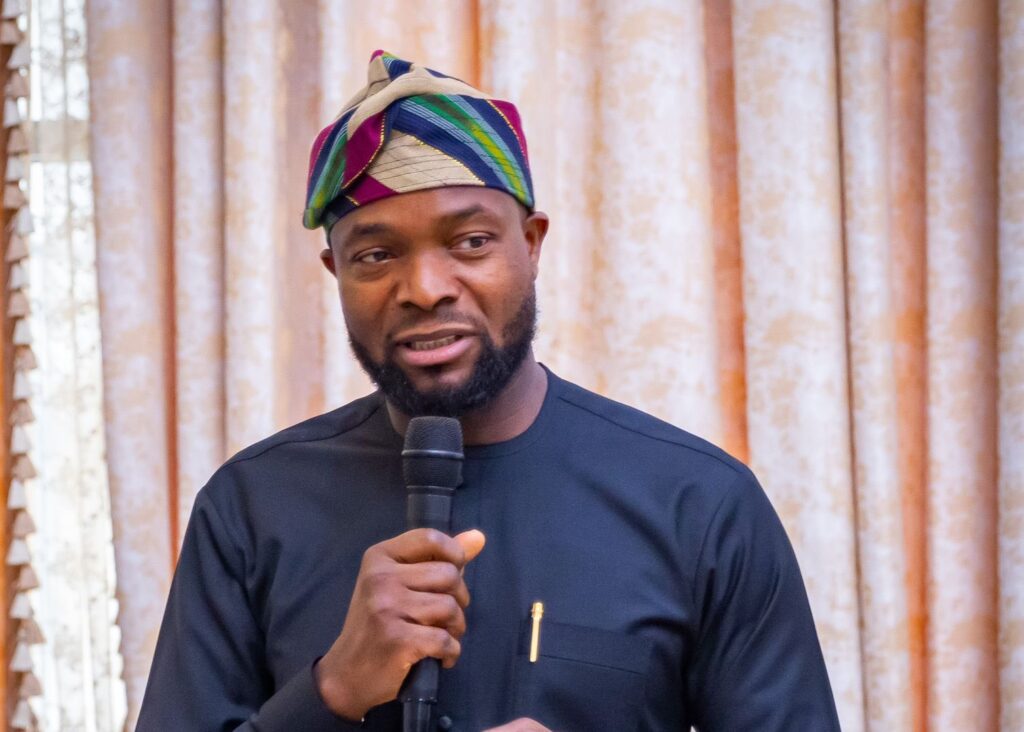The founder and chairman of Proshare LLC, Dr. Olufemi Awoyemi, has called on the government to reassess its approach to reforms and policy development.
Speaking as the keynote speaker at the Bible Society of Nigeria’s 16th Founder’s Day Annual Lecture in Lagos, he emphasized diversification and production as vital solutions to Nigeria’s economic challenges.
“As a nation, we need to rethink our approach to reforms and policy progression with proper sequencing and integration into a measurable and fairly comprehensive national inputs and outputs matrix. If we do this, Nigeria’s GDP can be five times the projected S1tn economy through clarity of purpose, deliberate fiscal and monetary policy design, strategic trade positioning, and taking advantage of international patents and copyright protections,” he noted.
He described Nigeria’s economic challenges as temporary hurdles, calling them the “growing pains of a nation in transition” as it undertakes structural reforms to diversify its economy and unlock its full potential.
“We are confident that a whole-of-government approach to our economic management is the most pragmatic panacea for present Nigeria. Formulating, communicating, and executing policies in silos amongst ministries, departments, and agencies has been and continues to be a recipe for chaos,” Awoyemi stated.
Awoyemi argued that while Nigeria’s economy is diversified, its revenue sources remain overly dependent on oil.
According to Global Edge, the oil sector accounts for 95% of the country’s foreign exchange earnings and 80% of budgetary revenues.
However, in Q3 2024, the oil sector contributed just 5.57 per cent to Nigeria’s real GDP, underscoring the gap between economic diversification and revenue reliance.
President Bola Tinubu reiterated his administration’s goal of expanding Nigeria’s economy to at least $1 trillion by diversifying revenue sources.
Meanwhile, the Federal Government on Thursday raised the 2025 Appropriation Bill from N49.7 trillion to N54.2 trillion.
President Tinubu conveyed this in a letter to the National Assembly, which was read during plenary by Senate President Godswill Akpabio and House Speaker Tajudeen Abbas.
Meanwhile, Awoyemi noted that despite Nigeria’s economic challenges, the country possesses several comparative advantages that must be harnessed for growth.
“But despite our limitations, which are not peculiar to us by all standards, we have many things going for us, some of which are underreported in our national output data. Our diverse resource base includes a vibrant creative industry, a thriving lifestyle economy, a growing ICT sector, an advanced financial service sector, and a highly attractive human capital pool that continues to drive investment and remittance inflow.
“However, our robust pace of progress has been slow, with the lack of real-time internet connectivity and robust transport networks, especially the rail system. Over-reliance on road transport has stifled the free movement of goods and services and restrained our mobility within the specific reach. We have also failed to deal with the high business costs, limited regional integration, and many sectors undermining allocation and monitoring,” the Proshare boss explained.
Former Head of State and patron of the Bible Society of Nigeria, Dr. Yakubu Gowon, urged Nigerians to remain hopeful despite the country’s economic challenges.
Gowon, represented by the President of the Society, Bishop Timothy Banwo, emphasized the importance of resilience and faith in overcoming the nation’s economic challenges.
“I would like to ask Nigerians to keep hope alive and put absolute trust in God to help Nigeria overcome her current challenges. I encourage leaders at all levels to embrace the principles of righteousness, justice, and love, as no society can truly prosper without moral and spiritual integrity,” he stated.
Also, the Chairman of NEM Insurance Plc, Mr. Tope Smart, who chaired the event, stated that Nigeria’s reliance on oil was unsustainable, as its prices were determined by external factors beyond the country’s control.
“We all agree that the Nigerian economy can be classified as a mono-economy, as it has been depending on oil that generates about 90 per cent or more of our oil in Nigeria. This is not sustainable; it is not sustainable at all. I think we should, as a nation, be very intentional about how we achieve this strategy. Let’s take oil as an example. It is very, very volatile to depend on oil because it is not within our control as a nation. It depends on international oil markets. So when something is not within your control, it means that it can go up and it can go down,” he expounded.










